Americans have always accepted a degree of inequality, inequality of outcomes. What seems to have changed in recent years, or at least in people’s perception of it, is…that there seems to be growing inequality of starting place.
Archive (Page 1 of 2)
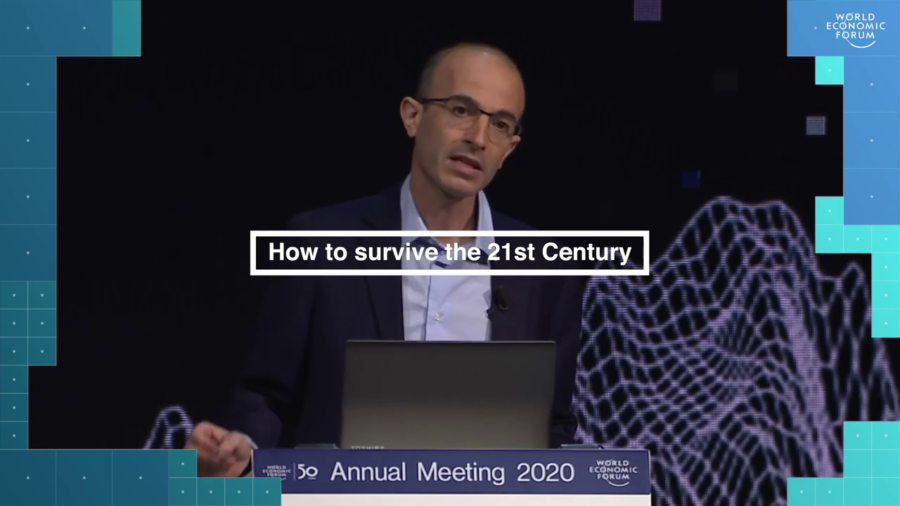
Of all the different issues we face, three problems pose existential challenges to our species. These three existential challenges are nuclear war, ecological collapse, and technological disruption. We should focus on them.
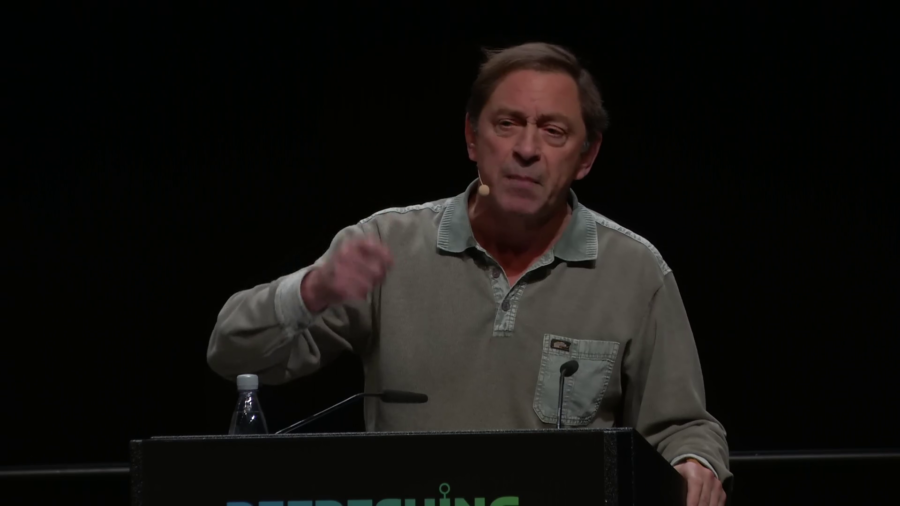
In a book that I wrote in 2011, on page one I said that unless the insecurities, and the fears, and the aspirations of the precariat were addressed as a matter of urgency, we would see the emergence of a political monster. You will not be surprised that in November 2016 I received a lot of emails from around the world from people who said, “The monster has arrived.”
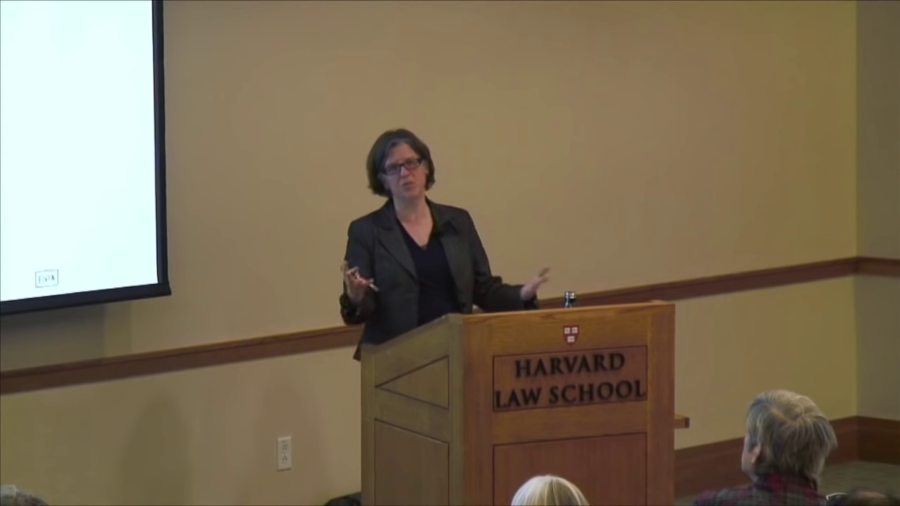
I start the story in 1819 rather than 1980. And that allows me to do some very specific work, which is to talk about what I think of as the deep social programming of the tools that we’re now using in public services across the United States.
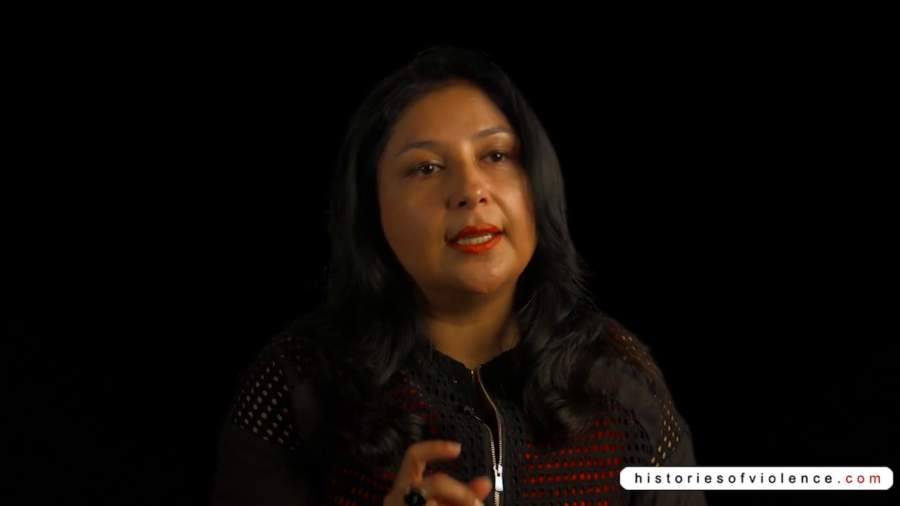
I think what is particularly striking about the question of disposable lives in the 21st century is what seems to be a new global common sense about poverty, the ways in which poverty and particularly poor others have become visible. And how that in turn, particularly for millennials in the Global North—college students, young professionals, so-called ordinary global citizens of the world—how this has mobilized them to action.
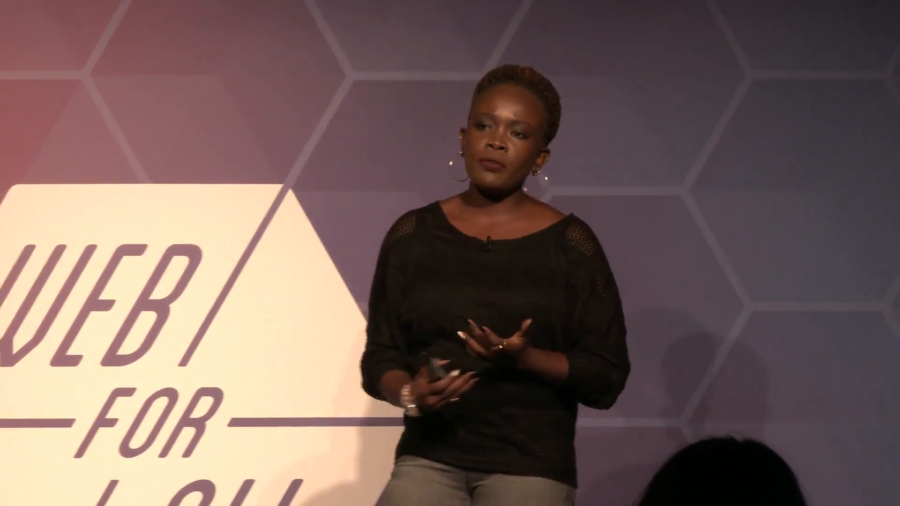
I found that research globally is pointing out that women are 50% less likely to be connected to the Internet. And not just that. Even when they’re connected they’re 30 to 50% less likely to use it for personal empowerment. So much for Web For All, right?
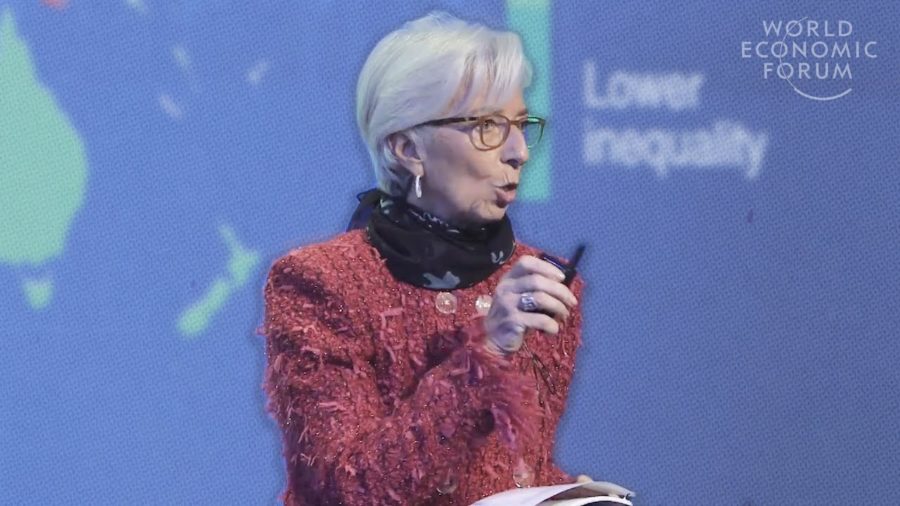
I wanted to start off this morning using an American poet and novelist, Langston Hughes. And I quote him to have said, “What happens to a dream deferred?” It is a question now facing millions all over the world, especially young people. Why? Because of poverty. Because of excessive inequality
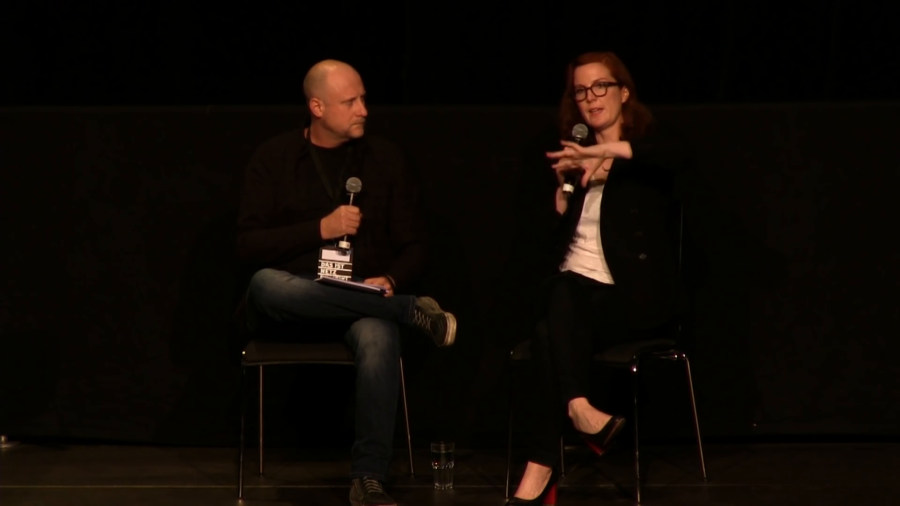
The big concerns that I have about artificial intelligence are really not about the Singularity, which frankly computer scientists say is…if it’s possible at all it’s hundreds of years away. I’m actually much more interested in the effects that we are seeing of AI now.
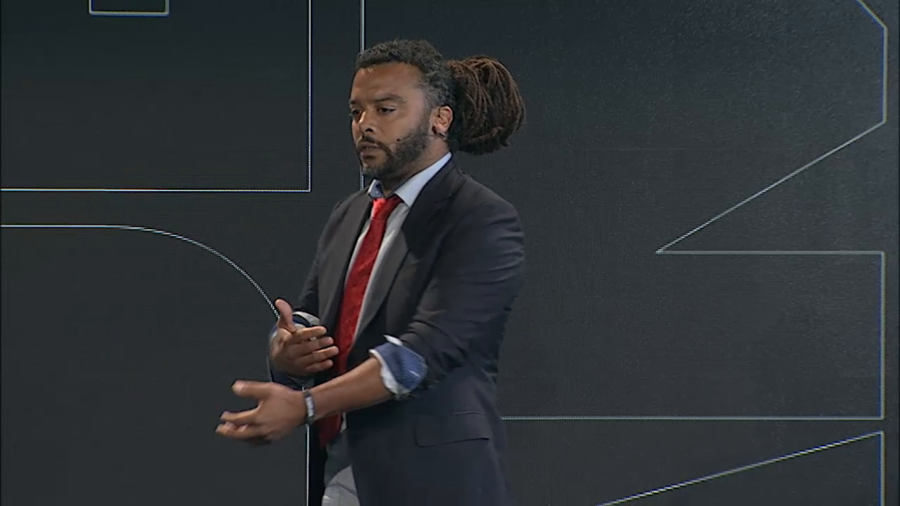
I was 25 years old when I went to law school. I was 28 when I came out. And I was a bit older than the rest of the kids in law school. And when I came out, I was equally qualified be a tax attorney or a civil litigator or an entertainment lawyer. And I just chose to be a prosecutor. No special training. No special equipment. No special tools.
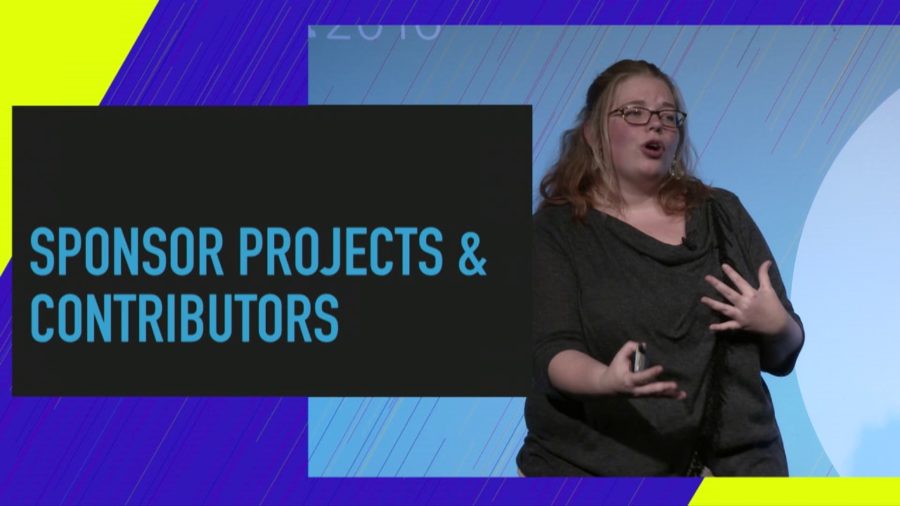
This talk is more about the coercion of labor into open source software. So I want to take a critical look at how we can engage businesses and other stakeholders in technology companies to begin to create a more equal and sustainable environment for all people contributing to open source.

